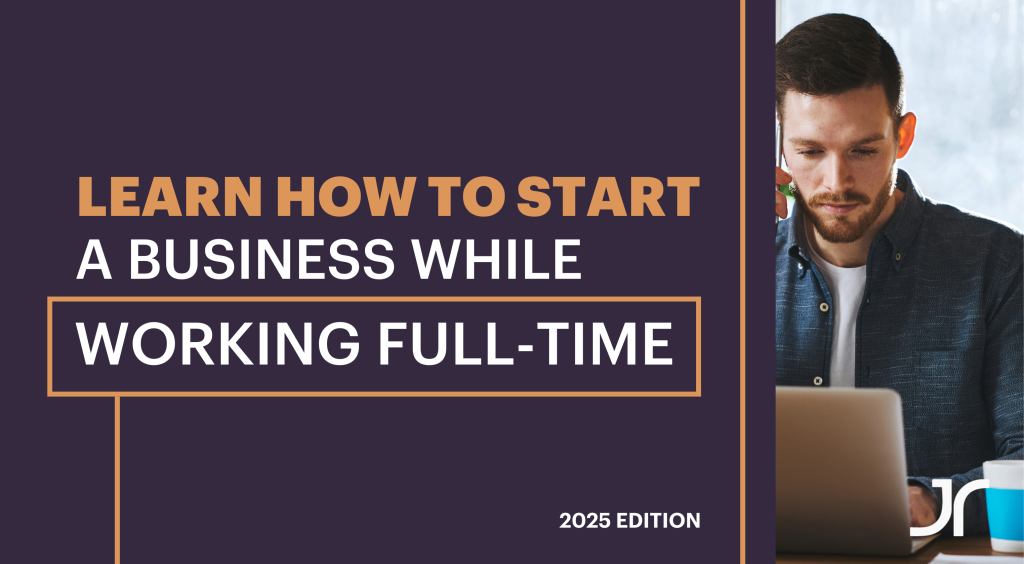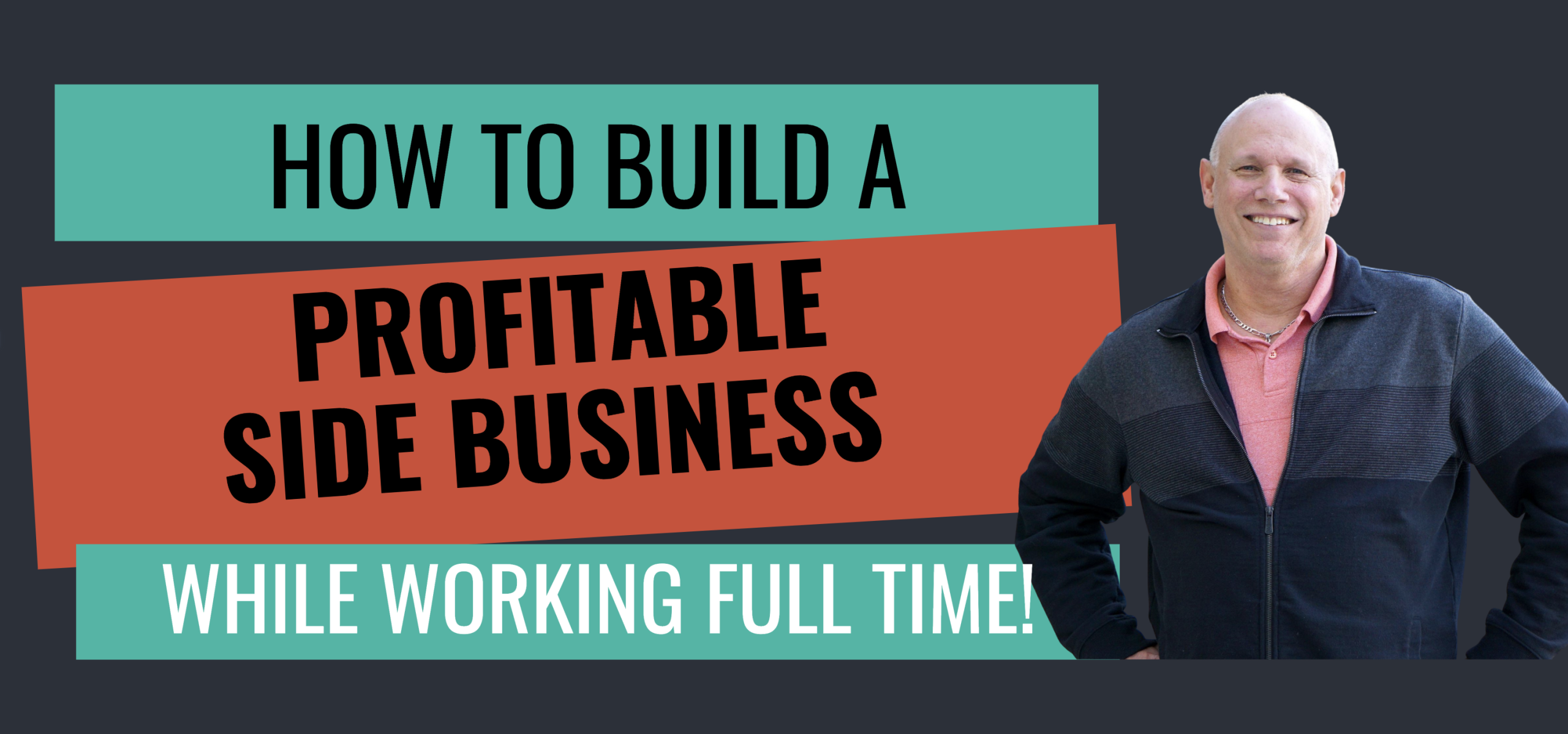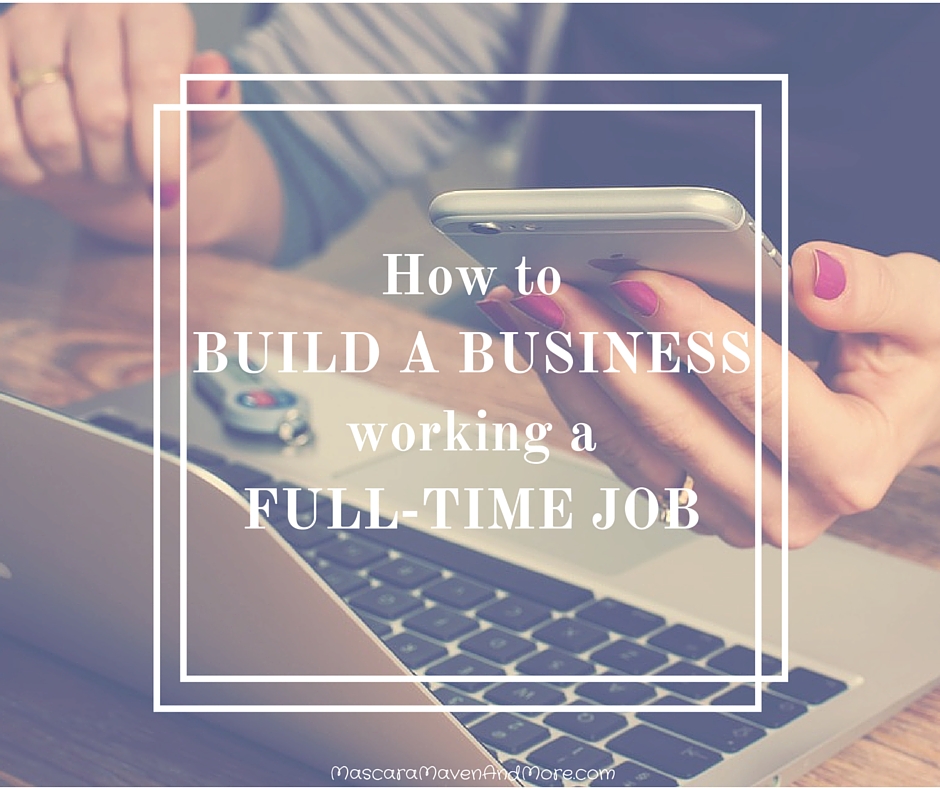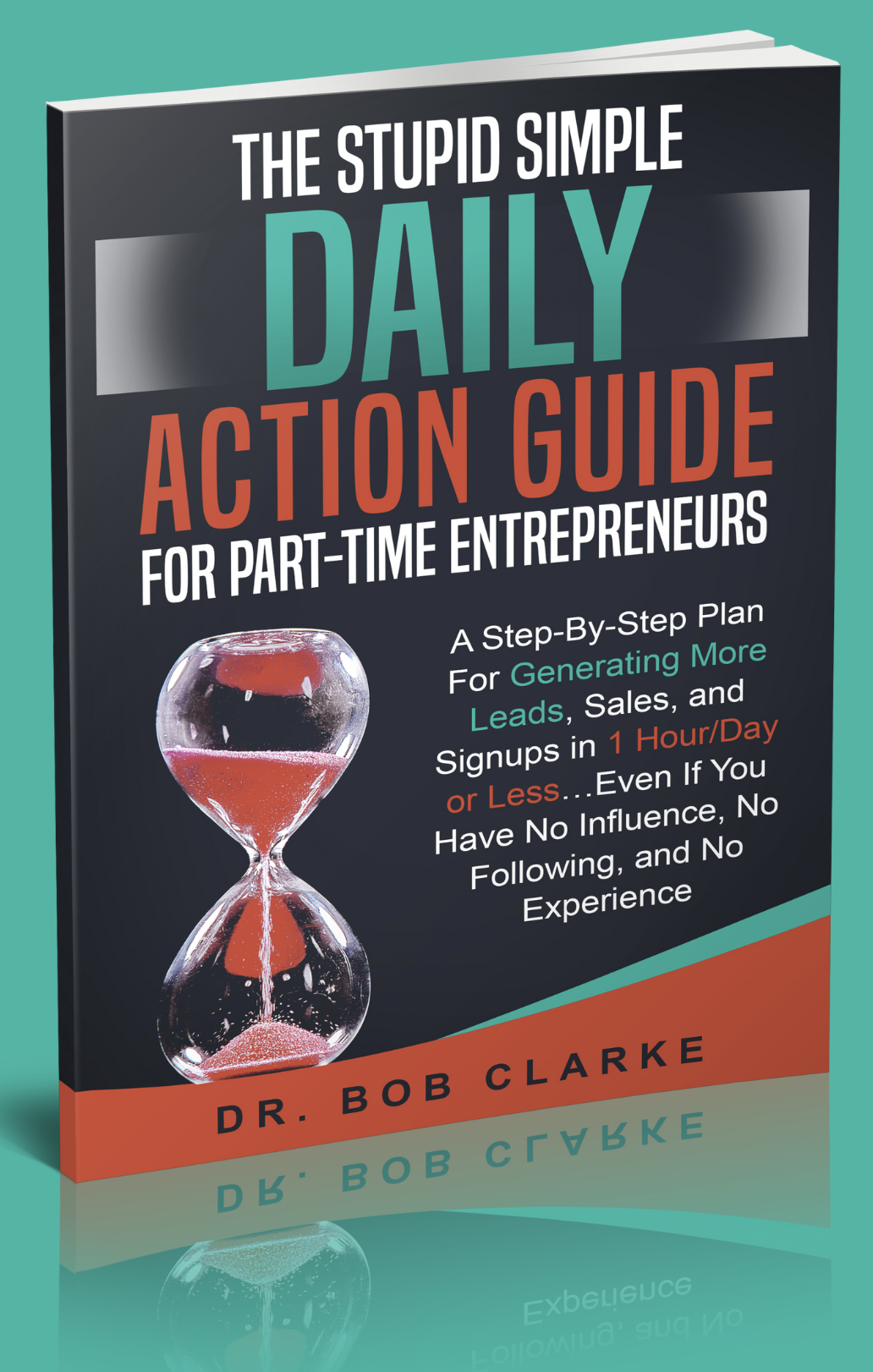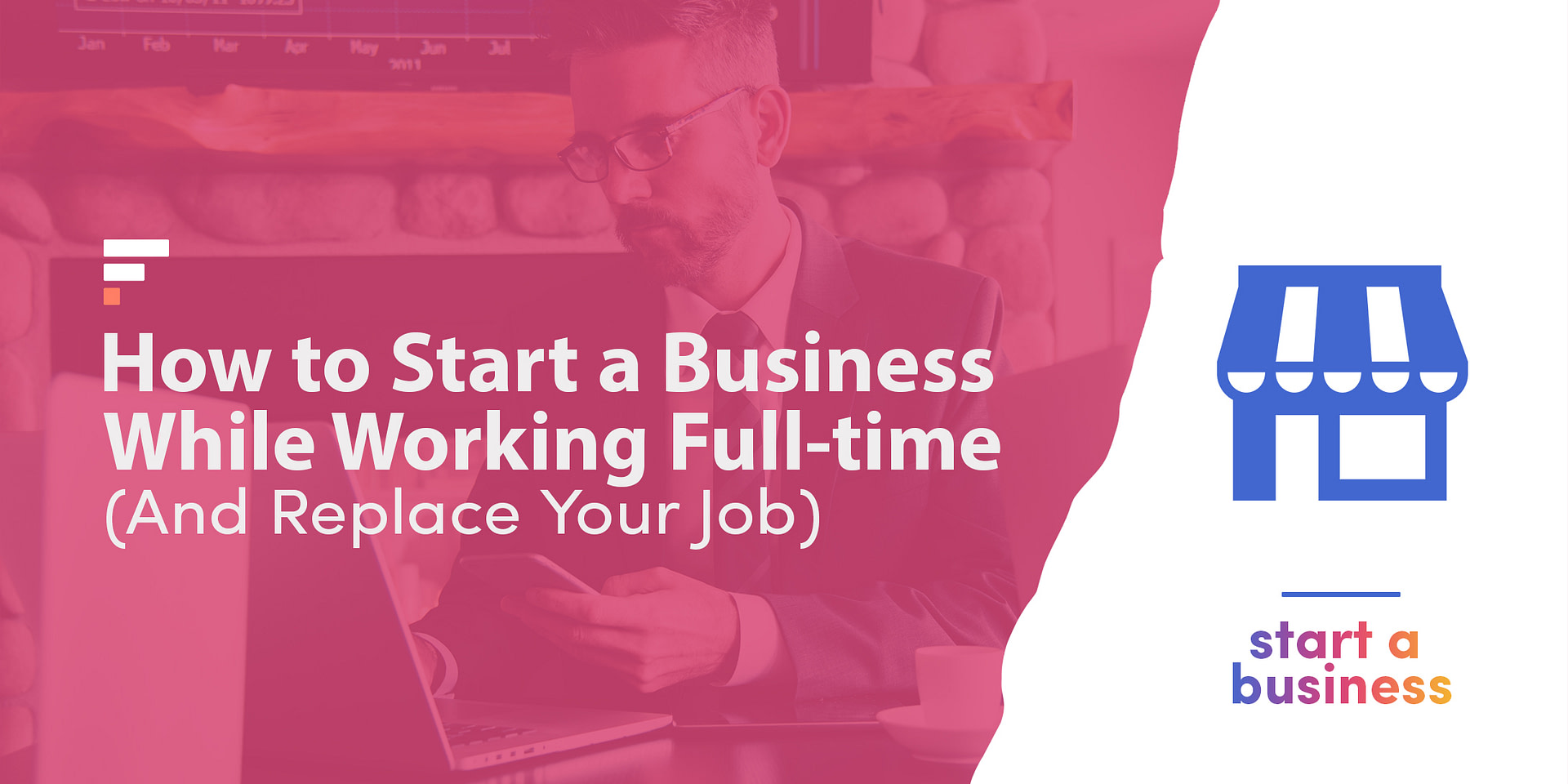Building A Business While Working Full Time

The allure of entrepreneurship is strong, but the reality of leaving a stable job can be daunting. Increasingly, individuals are choosing a hybrid approach: building a business while maintaining full-time employment. This trend, fueled by technological advancements and a desire for both financial security and creative fulfillment, presents unique challenges and opportunities.
The rise of side hustles and dual-income streams is significantly impacting the traditional workforce. It’s reshaping career trajectories and forcing companies to reconsider employee engagement and retention strategies. This trend warrants close examination to understand its potential effects on economic stability and individual well-being.
The Rise of the "Slash Career"
The term "slash career" – coined to describe individuals with multiple professional identities – is becoming increasingly common. Platforms like Etsy, Shopify, and Upwork have democratized access to entrepreneurship, allowing individuals to monetize skills and passions in their spare time. This ease of access has lowered the barrier to entry for aspiring business owners.
According to a recent report by Intuit, the number of independent workers, including those with side businesses, is projected to continue growing. The report highlights the increasing desire for autonomy and control over one's career path as key drivers of this trend. The Bureau of Labor Statistics also tracks self-employment rates, providing valuable data on this evolving sector of the economy.
Challenges and Strategies
Juggling a full-time job and a growing business is undeniably challenging. Time management, prioritization, and effective delegation are crucial for success. Many entrepreneurs recommend establishing clear boundaries between their day job and their side hustle to avoid burnout.
Sarah Chen, a marketing professional who runs a successful online stationery business in her evenings, emphasizes the importance of automation. "I use scheduling tools for social media and have templates for common customer inquiries," she says. "This frees up my time to focus on higher-level tasks like product development and marketing strategy."
Another common challenge is funding. Many aspiring entrepreneurs bootstrap their businesses initially, relying on personal savings or revenue generated from their side hustle. Others explore small business loans or crowdfunding platforms to secure the necessary capital.
Impact on Employers
The trend of employees building businesses on the side presents a complex challenge for employers. Some companies view it as a potential conflict of interest, particularly if the employee's side hustle competes directly with their employer. Others recognize the potential benefits, such as increased employee engagement and innovation.
David Miller, a human resources consultant, advises companies to develop clear policies regarding outside business activities. "Transparency and open communication are key," he states. "Companies should clearly outline expectations and address potential conflicts of interest proactively."
However, some organizations are actively encouraging employees' entrepreneurial pursuits, recognizing the value of diverse skill sets and experiences. These companies may offer mentorship programs, resources, or even internal incubators to support employee innovation.
Future Implications
The rise of the "slash career" is likely to continue reshaping the workforce. As technology continues to evolve and remote work becomes more prevalent, the barriers to entry for entrepreneurs will likely continue to decrease. This could lead to a more dynamic and entrepreneurial economy.
Economists predict that this trend could lead to increased innovation and productivity. Individuals with diverse skills and experiences are often better equipped to identify opportunities and develop creative solutions. However, it's important to address potential challenges related to worker protections, benefits, and long-term financial security.
The long-term impact of this shift remains to be seen. One thing is certain: the traditional model of a single, lifelong career is being challenged, and the future of work is becoming increasingly flexible and entrepreneurial.
